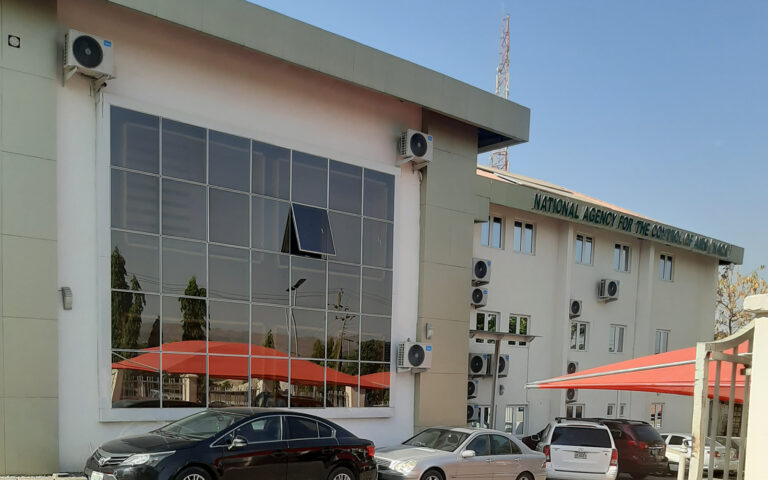Amid uncertainty sparked by President Donald Trump’s recent executive order halting foreign aid for 90 days, the Nigerian government has announced plans to intensify domestic resource mobilisation strategies to ensure ownership and sustainability of the country’s Human Immunodeficiency Virus (HIV) response.
This move aims to reduce the risks posed by donor aid policy shifts to the HIV response and ensure that Nigeria achieves its strategic goals and targets in the fight against the virus.
A statement posted on X (formerly Twitter) by the National Agency for the Control of AIDS (NACA) via its handle, @NACANigeria, highlighted the importance of strategic planning to safeguard Nigeria’s health system.
The statement signed by the Agency’s Director General, Dr Temitope Ilori reaffirmed the government’s commitment to mobilising local resources and strengthening national ownership and sustenance of the HIV response.
President Donald Trump, upon assuming office, signed several executive orders, temporarily halting nearly all US global health funding, including the President’s Emergency Plan for AIDS Relief (PEPFAR), created by former President George Bush in 2003 to combat HIV/AIDS worldwide.
PEPFAR had since inception in 2003, invested over $100 billion in the global HIV/AIDS response, saving 25 million lives, preventing millions of HIV infections, and supporting over 50 countries globally to achieve HIV epidemic control.
In Nigeria, PEPFAR has invested over $7.8 billion to ensure comprehensive access to quality HIV prevention, care, and treatment services for all Nigerians living with HIV/AIDS. This funding has enabled more than 1.9 million Nigerians to access antiretroviral treatment (ART).
With Nigeria hosting the highest number of people living with HIV in West and Central Africa, estimated at about two million people, Dr Ilori acknowledged that over the past two decades, partners in the global AIDS response have intensively supported the Nigerian government and institutions, to scale-up prevention. treatment, care, and support for those living with, and affected by the virus.
She further acknowledged the immense support of the US government through PEPFAR over the years, particularly in sustaining the treatment of people living with HIV in Nigeria.
According to her, PEPFAR Nigeria remains the biggest donor to Nigeria’s treatment programme, covering approximately 90 per cent of the treatment burden.
The Director-General noted that the new US administration’s executive order to re-evaluate and realign foreign aid had raised significant concerns among stakeholders in Nigeria regarding HIV/AIDS and tuberculosis (TB) technical support and funding. However, the subsequent waiver provided temporary relief
Following the initial 90-day suspension of foreign aid, the US Secretary of State, Marco Rubio granted an ‘emergency humanitarian waiver’, allowing PEPFAR to continue providing life-saving HIV medications to low-income countries.
The waiver allows people to continue accessing HIV treatment funded by the US across 55 countries globally.
Recognising the potential for future changes to foreign aid under the new US administration, the Nigerian government expressed gratitude for the waiver, noting its plans to intensify domestic resource mobilisation strategies to ensure ownership and sustainability of the country’s HIV response.
Need for stakeholder collaboration
The NACA boss has expressed optimism that Nigeria can achieve the goal of ending AIDS by 2030 through effective stakeholder collaboration, the creation of favourable policies, an enabling environment, and sustained advocacy to policymakers.
She reiterated the government’s commitment to intensifying domestic resource mobilisation strategies to ensure ownership and sustainability of the HIV response. “This approach aims to reduce the risks associated with donor aid policy shifts while ensuring that Nigeria’s strategic goals and targets in the fight against HIV are achieved,” she said.
She also called on State Governors, private sector partners, members of the National and State Assemblies, civil society organisations, the media, and other stakeholders to sustain their commitment and support in the fight against HIV/AIDS in the country.

